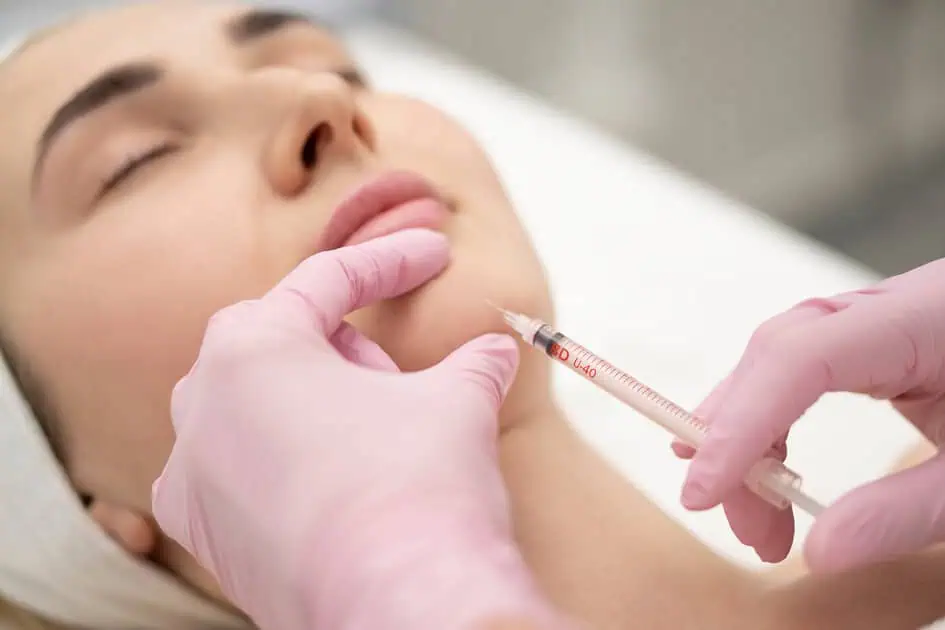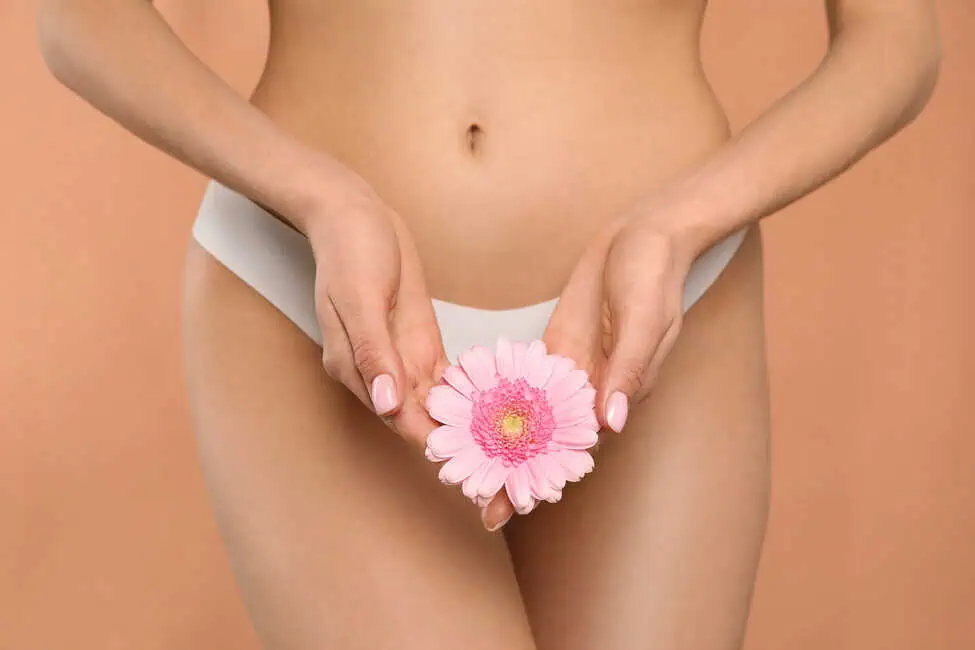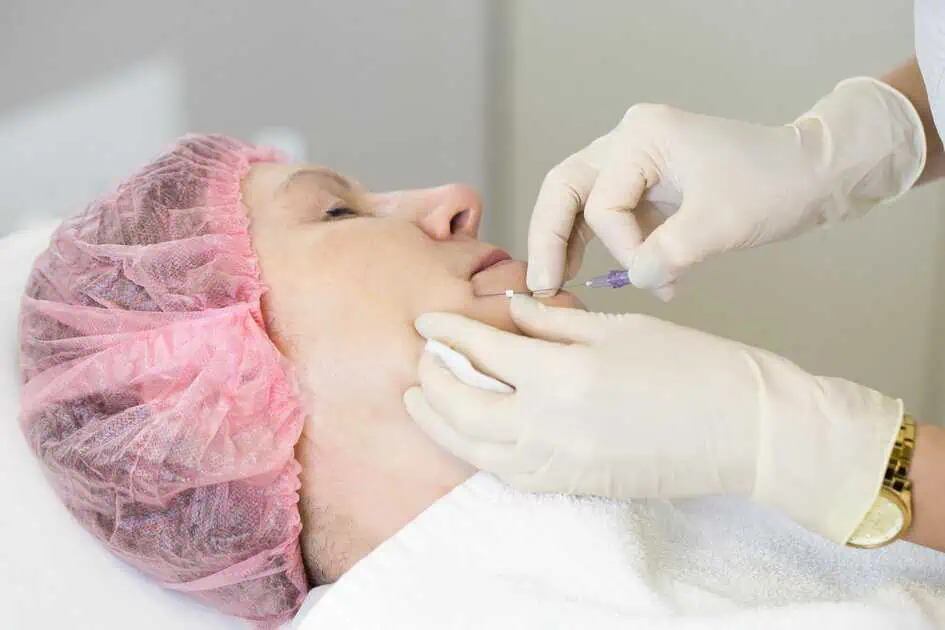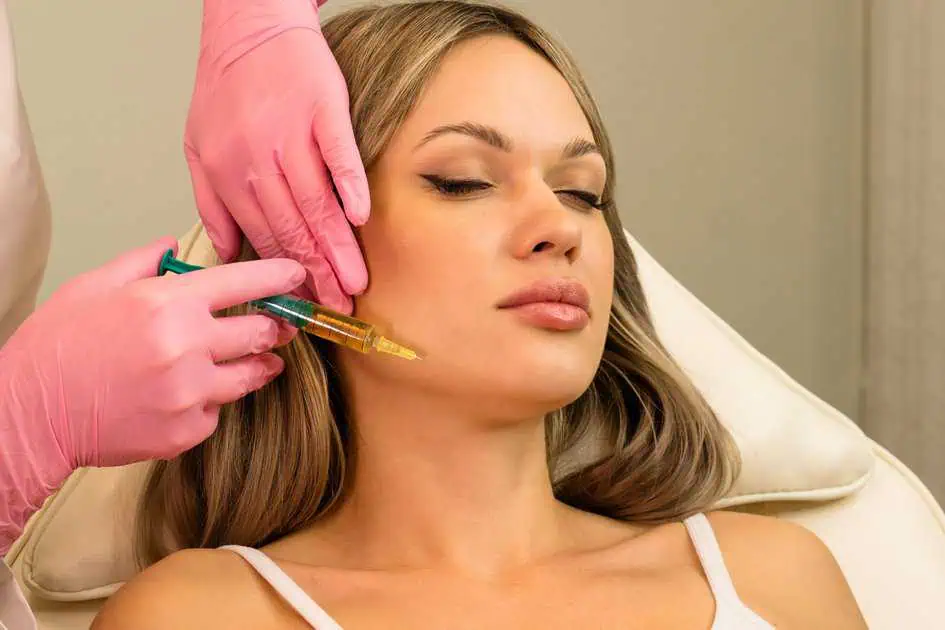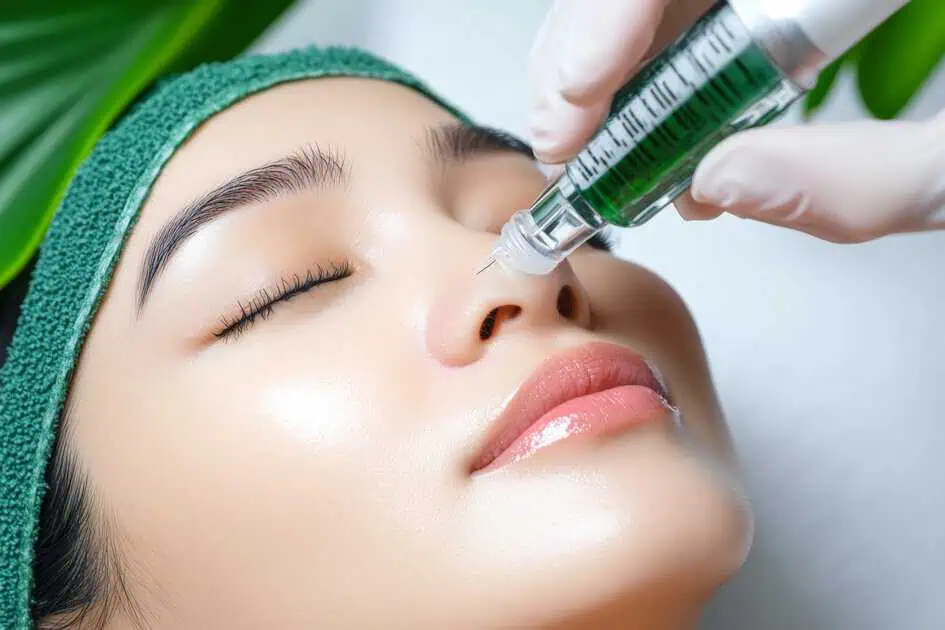For the best skincare ingredients for fighting acne, read this blog from Youthology.
Acne: What It Is And The Different Types
Acne is a common skin condition that primarily affects the oil glands in the skin’s hair follicles. It is characterized by the presence of various types of lesions, including pimples, blackheads, whiteheads, cysts, and nodules. Acne most commonly occurs on the face, but it can also appear on the neck, chest, back, shoulders, and upper arms.
The primary factors involved in the development of acne are excessive sebum (oil) production, the accumulation of dead skin cells, the presence of acne-causing bacteria (Propionibacterium acnes), and inflammation. These factors contribute to the clogging of hair follicles, resulting in the formation of comedones (non-inflammatory lesions) and subsequent inflammation, leading to inflammatory acne lesions.
Acne can manifest in various forms:
- Comedones: Non-inflammatory lesions that can be open (blackheads) or closed (whiteheads). They result from the accumulation of dead skin cells and sebum within the follicle.
- Papules: Small, raised, inflamed bumps on the skin that are typically red in color.
- Pustules: Similar to papules, but with a visible white or yellow center caused by the accumulation of pus.
- Nodules: Large, solid, painful lumps beneath the skin’s surface. Nodules are deeper and more severe than papules and pustules.
- Cysts: Deep, painful, pus-filled lesions that are typically larger than nodules. They can cause scarring and are the most severe form of acne.
Acne can have physical and emotional impacts, affecting a person’s self-esteem and confidence. It commonly occurs during puberty due to hormonal changes, but it can also persist into adulthood or appear later in life. Various factors, such as genetics, hormonal fluctuations, environmental factors, and lifestyle habits, can contribute to the development and severity of acne.
While acne can be frustrating, there are numerous treatment options available to manage and improve the condition. These include topical medications, oral medications, skincare products, lifestyle modifications, and professional interventions like chemical peels or laser therapies. It’s advisable to consult with a dermatologist or healthcare professional for an accurate diagnosis and personalized treatment plan.
What Are Different Causes Of Acne?
1. Excess Sebum Production: Sebaceous glands in the skin produce an oily substance called sebum, which helps lubricate the skin. However, in some individuals, these glands can produce excessive amounts of sebum, leading to clogged pores and acne formation.
2. Clogged Pores: When excess sebum combines with dead skin cells, they can clog the hair follicles, creating an ideal environment for the growth of acne-causing bacteria.
3. Bacteria: Propionibacterium acnes (P. acnes) is a type of bacteria that naturally resides on the skin. However, when hair follicles are clogged, these bacteria can multiply and cause inflammation, leading to acne.
4. Hormonal Changes: Hormonal fluctuations, such as those that occur during puberty, menstrual cycles, or hormonal disorders, can trigger acne. Androgens, a type of hormone, stimulate the sebaceous glands, leading to increased sebum production.
5. Inflammation: When the follicle becomes clogged and bacteria multiply, the body’s immune system responds by releasing inflammatory substances, resulting in redness, swelling, and the formation of acne lesions.
6. Genetics: Acne can also have a genetic component. If your parents or siblings have a history of acne, you may be more prone to developing it as well.
7. Environmental Factors: Certain environmental factors, such as exposure to pollutants, high humidity, or excessive sweating, can contribute to acne development.
8. Lifestyle and Skincare Habits: Factors like using comedogenic (pore-clogging) cosmetics, not properly cleansing the skin, and excessive scrubbing or picking at acne lesions can worsen existing acne or trigger new breakouts.
The Most Effective Acne-Fighting Ingredients
When it comes to fighting acne, there are several effective skincare ingredients you can look for in products. Here are some of the top ingredients known for their acne-fighting properties:
1. Salicylic Acid: This beta-hydroxy acid (BHA) is a popular ingredient for treating acne. It penetrates the pores, exfoliates the skin, and helps unclog pores, reducing acne breakouts.
2. Benzoyl Peroxide: It is an antibacterial ingredient that kills acne-causing bacteria on the skin’s surface. Benzoyl peroxide also helps to reduce inflammation and unclog pores.
3. Retinoids: Retinoids, such as retinol and adapalene, are derived from vitamin A. They promote cell turnover, unclog pores, and reduce inflammation. Retinoids also help fade acne scars and improve overall skin texture.
4. Tea Tree Oil: Known for its antimicrobial and anti-inflammatory properties, tea tree oil can help reduce acne breakouts. It has natural antibacterial properties and can be applied topically to target blemishes.
5. Niacinamide: This form of vitamin B3 helps regulate sebum production, reduces inflammation, and improves the skin’s barrier function. Niacinamide is effective in reducing the appearance of acne and minimizing redness.
6. Azelaic Acid: It has antibacterial and anti-inflammatory properties. Azelaic acid helps unclog pores, reduce the production of excess sebum, and minimize the appearance of acne lesions.
7. Alpha-Hydroxy Acids (AHAs): AHAs, such as glycolic acid and lactic acid, exfoliate the skin and help unclog pores. They also promote cell turnover, leading to smoother skin and a reduction in acne.
8. Zinc: Zinc is an essential mineral that possesses anti-inflammatory and antibacterial properties. It helps regulate sebum production, reduce inflammation, and promote healing of acne lesions.
Remember, everyone’s skin is unique, and what works for one person may not work for another. It’s advisable to consult with a dermatologist to determine the best skincare ingredients and products for your specific skin type and concerns.
Choose Youthology For Prevention, Restoration, And Refinement
At Youthology Medical, we strive to provide minimally invasive treatments to our clients that meet our clients’ needs and their desired results. Depending on your aesthetic goals, Dr. Grobman and our team will create the right treatment plan for your needs. If you are interested in rejuvenating your appearance and are near Melville and surrounding communities in New York, call 516-817-6423 to book an appointment.



